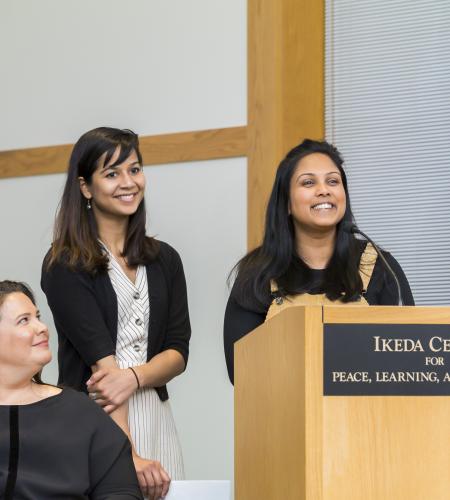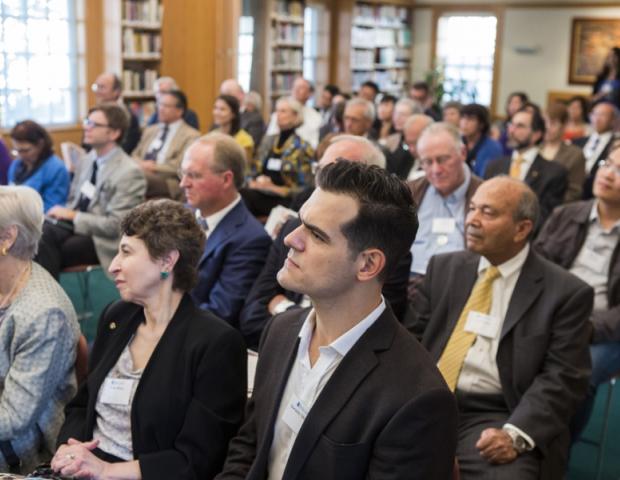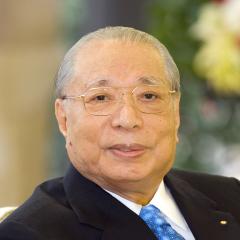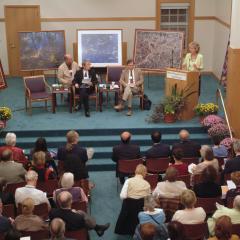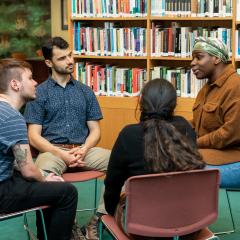It is a great honor and pleasure to have so many distinguished scholars and outstanding thinkers in attendance today. Nothing makes me happier than to know that so many friends with whom I share years or even decades of fond memories have kindly decided to attend today’s event. Were it possible, I would like nothing more than to be there with you in Cambridge, personally expressing my earnest and profound appreciation to each of you.
Over the past twenty years, we have experienced the great transition between two centuries. During this time, the Center has made steadfast progress, always upholding its vision of being the heart of a network of global citizens, a bridge for dialogue between civilizations, a beacon lighting the way to a century of life.
As a hub of dialogue, the Center has worked to connect people of diverse cultures and perspectives in order to create new value and to be an impetus for progress. These efforts to further the cause of education and research would not have been possible without invaluable support and assistance from many outstanding scholars, including of course our friends in attendance today. I would like to take this opportunity to express my sincere gratitude to these distinguished scholars, our friends, and to our dedicated staff in whom I place my wholehearted trust. Thank you very much indeed for your immeasurable support leading up to this day.
One person I truly wish could be here today to witness the Center’s development is the British historian and philosopher, Dr. Arnold Toynbee.
The day was May 19th, 1973, just forty years ago. This was to be the final day in the dialogue we had been conducting over the course of two years, and we were together in Dr. Toynbee’s home in London. The event dominating the news that day was Soviet General Secretary Leonid Brezhnev’s visit to West Germany and his meeting with West German Chancellor Willy Brandt.
When our conversation turned to that news, Dr. Toynbee addressed me with firm conviction, stating that while our dialogue might not attract anything approaching the attention being given to the summit meeting, the work we were engaged in was for the sake of future generations, and that dialogue such as ours would be the key to building a path to lasting peace. To this day, I remember with utter clarity the great dignity and conviction that filled his voice as he spoke these words.
As we bid farewell, Dr. Toynbee grasped my hands firmly and said that he believed dialogue had an extremely important role to play in promoting harmony among different civilizations, peoples and religions. He asked me to continue to engage in such dialogues with people from the Soviet Union, the United States, and China in order to help bring humankind together. At that time, Dr. Toynbee was eighty-four years old and I was forty-five. To me, it was as if a compassionate father was entrusting his son with the mission to promote dialogue for the sake of humanity’s future, to carry out dialogue linking different civilizations, peoples, and religious traditions.
I consider myself a person of action. Driven by the wish to fulfill the promise I made to Dr. Toynbee that day and by my beliefs as a Buddhist, and determined to represent the voices of the ordinary citizens and youth, I embarked on a new journey of dialogue. I did meet with the leaders of China and the Soviet Union at a time of heightened Cold War tensions. Having directly experienced the war and violence of the twentieth century, my consistent, heartfelt prayer is for the peace of the world. Thus I have traversed the continents of the world, spurred on by the single-minded desire to promote the kind of dialogue that can transform enmity into empathy, hatred into understanding, and suspicion into trust.
